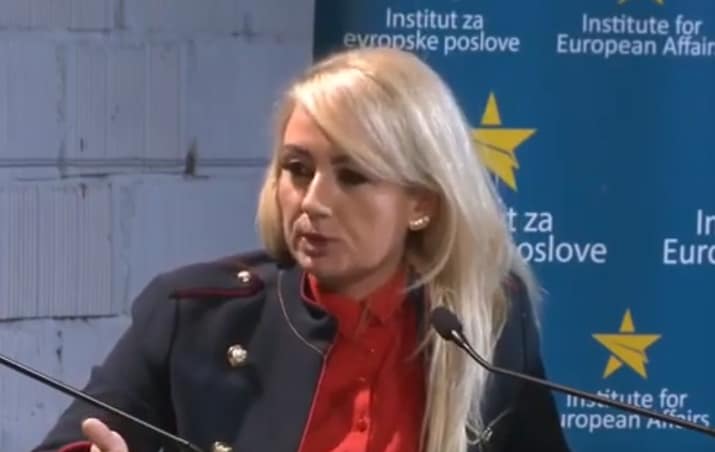By Dragana Trifković, director of the Center for Geostrategic Studies
Serbia is one of the few European countries that has not officially introduced any restrictive measures against Russia.
I must mention that there is no reason for Serbia to impose sanctions on Russia. Our two countries have historically good relations, which Russia treats with special respect.
Sanctions imposed by Western countries on Russia have led to the severance of diplomatic ties, and then economic-trade, scientific, sports, cultural cooperation and so on. Therefore, sanctions have a totalitarian character and apply to all spheres. I believe that the sanctions have the greatest impact on the severance of relations between European countries and Russia, that is, the creation of barriers between the geographically connected whole in the form of a new iron curtain.
In recent years, Russia has invested a lot of effort in developing cooperation with European countries. Sanctions are extremely destructive measures that are directed against a state, its economy and its citizens.
Serbia faced the brutal sanctions of the West in the 1990s, and as a citizen of a country that has gone through such an experience, I know how harmful they are.
However, the application of the same model by the West to the former Yugoslavia and today’s Russia, in different international circumstances, actually has completely different effects.
During the transition from a bipolar world system to a monopolar one, Yugoslavia did not have the mechanisms to resist sanctions. On the other hand, in the period of transition from a monopolar to a multipolar world system, Russia has the possibility to neutralize the effect of Western sanctions by reorienting to cooperation with Asian, Middle Eastern countries, Latin American and African countries. Not to mention that Russia is a country with huge resources and its own capacities that make it self-sustainable.
For that reason, I believe that the policy of sanctions, leads Western countries to self-isolation and that in the future they will have greater economic and political consequences because of that.
A special problem for Europe may be the insistence on a policy of sanctions, if we take into account the importance of cooperation with Russia for the supply of Europe with energy and basic foodstuffs. In that sense, the sanctions that European countries impose on Russia can have a boomerang effect and be aimed at the citizens of European countries.
The big problem is the political pressure from Brussels and Washington and the insistence that Serbia join the EU sanctions against Russia. The United States and the European Union should respect the principle of sovereignty, where a state such as Serbia has the right to make its own decisions. Especially since Serbia is not a member of the EU or the Western NATO military bloc.
It is completely clear that the introduction of sanctions by Serbia would have absolutely no effect on Russia. On the other hand, Serbia would oppose a friendly country that is the only one that protects our interests at the international level, would cast a dark shadow on the history of friendly Serbian-Russian relations and would endanger its own energy security.
Therefore, I believe that Serbia should not make such a decision under any blackmail from the West.
April 28, 2022.

